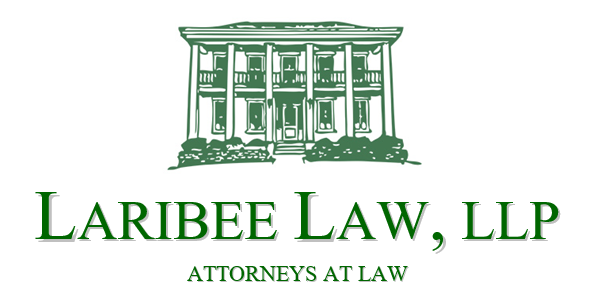A Trustee’s Duties to Invest Prudently
Michael L. Laribee, Esq.
A trustee has a unique responsibility to trust beneficiaries when handling trust assets. Generally, a trustee must exercise the care, skill, and diligence of a person of ordinary prudence dealing with the person's own property.
Trust agreements often grant trustees the power to invest trust assets to grow the principal and to provide income for the beneficiaries. However, when faced with a volatile stock market, a trustee must act carefully to avoid loss. The Ohio Uniform Prudent Investor Act provides direction and requirements for trustees.
The Act governs trustees who serve testamentary trusts (those administered under supervision of a probate court) as well as inter vivos trusts (those administered with no probate court supervision). Trustees must exercise reasonable care, skill, and caution and may utilize a wide range of investments including bonds (U.S., state, county, municipal, and school district), stocks and securities, promissory notes, life insurance and annuity contracts, and certificates of deposit.
Trustees must diversify the investments across different sectors and markets to limit risk and decrease the chances of losing money. However, the Act recognizes that there may be special circumstances when a trust is better served without diversifying, but this is rare. A trustee's investment and management decisions are evaluated by viewing the trust portfolio as a whole. The overall investment strategy should have risk and return objectives reasonably suited to the trust.
The Act provides several circumstances that a trustee must consider in investing and managing trust assets:
1. The general economic conditions;
2. The possible effect of inflation or deflation;
3. The expected tax consequences of investment decisions or strategies;
4. The role that each investment or course of action plays within the overall trust portfolio, which may include financial assets, interests in closely held enterprises, tangible and intangible personal property, and real property;
5. The expected total return from income and appreciation of capital;
6. Other resources of the beneficiaries;
7. Needs for liquidity, regularity of income, and preservation or appreciation of capital;
8. An asset's special relationship or special value, if any, to the purposes of the trust or to one or more of the beneficiaries.
It is important to note that the terms of a trust document will supersede the requirements of the Ohio Uniform Prudent Investor Act. In other words, the trust may direct the trustee to make certain investments that may be speculative or risky. A trustee will not be held liable for losses as long as the trustee acted in reasonable reliance on the provisions of the trust.
When administering a trust, it is important to consult with a trusted attorney to understand all of the duties and requirements involved. That way, trust assets will provide their intended benefits to the trust beneficiaries. The attorneys at Laribee Law, LLP are here to assist you.
Michael Laribee is a partner in the Medina law firm of Laribee Law, LLP. This article is intended to provide general information about the law. It is not intended to give legal advice. Readers are urged to seek advice from an attorney regarding their specific issues and rights.

